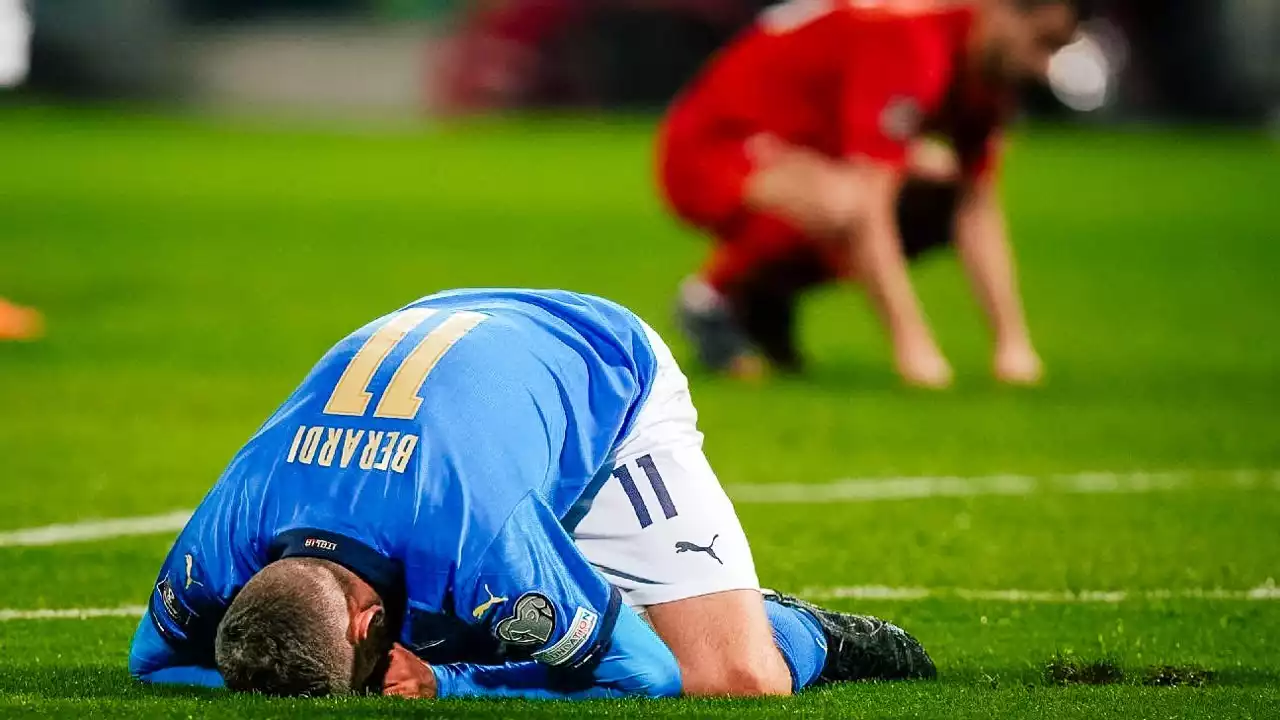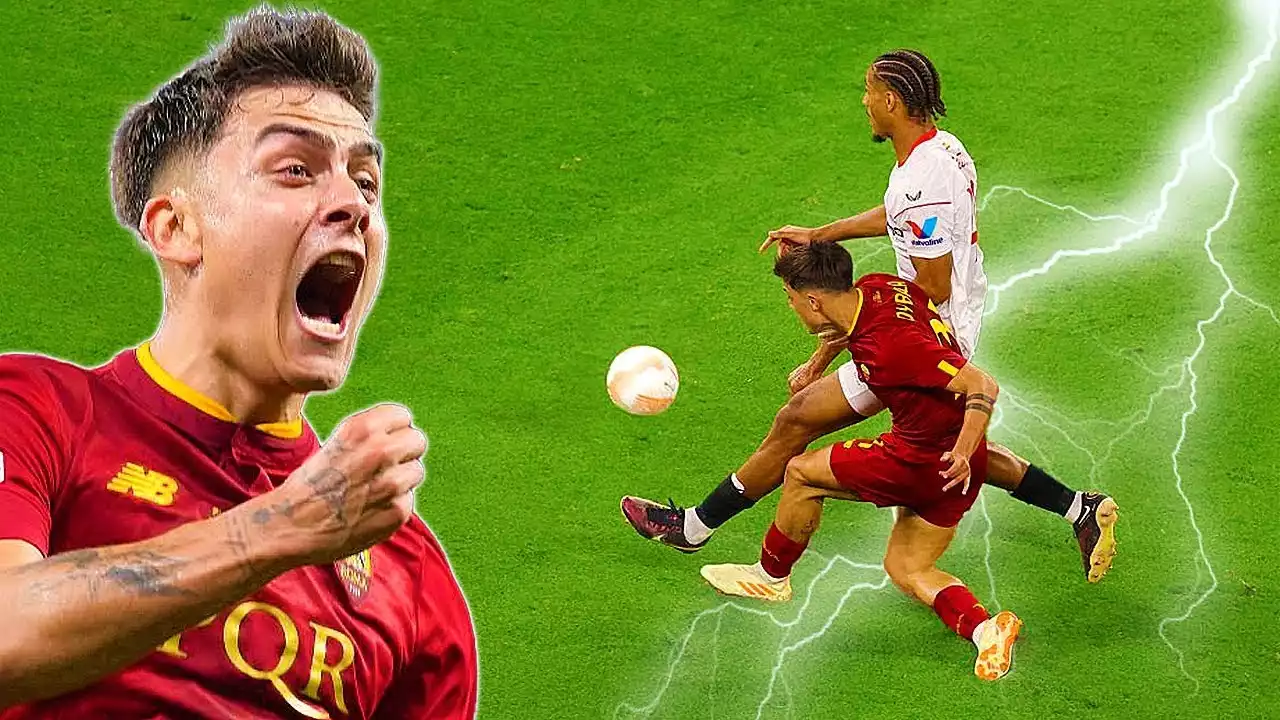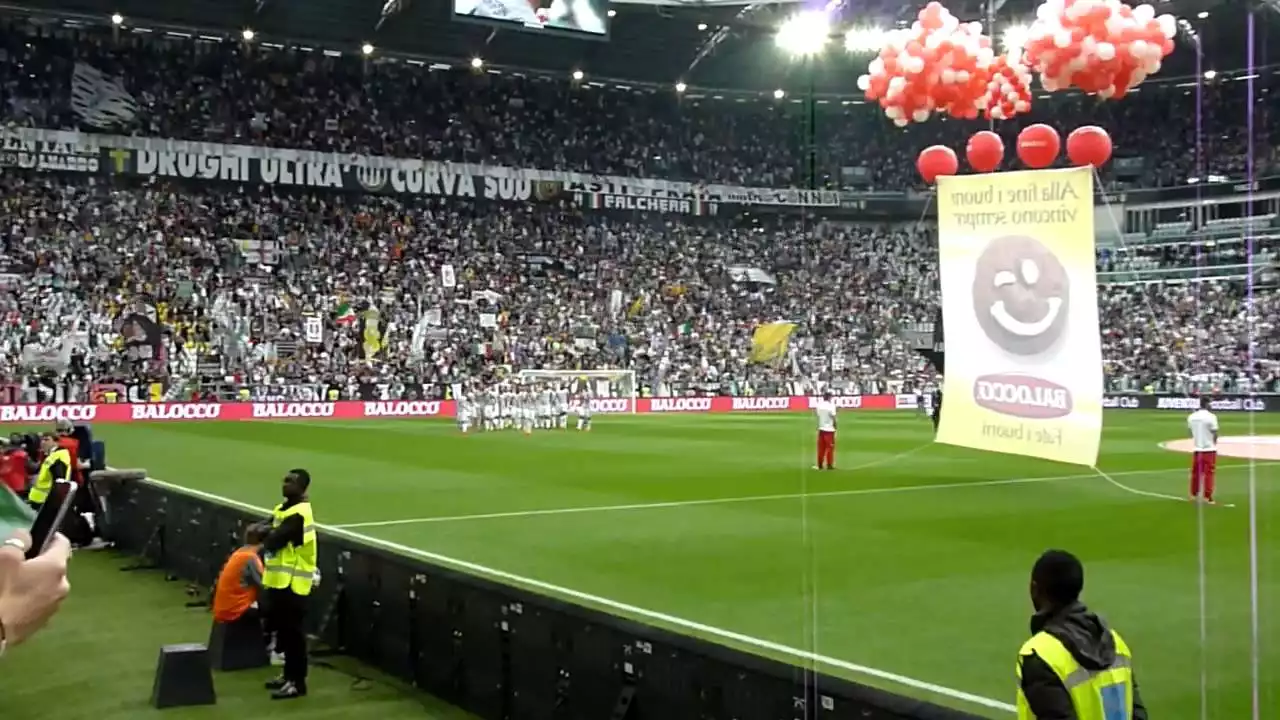The Impact of Relegation on Teams
Relegation from the Coppa Italia not only signifies a loss of status but also has significant financial implications for the affected teams. The financial challenges faced by relegated teams can be overwhelming, as they lose out on the revenue and sponsorship opportunities that come with participating in the tournament. The exposure garnered from the Coppa Italia translates into financial support, which enables teams to invest in players, facilities, and overall team development. Without this financial backing, relegated teams find themselves at a disadvantage, struggling to compete with teams that have remained in the competition. This financial setback often leads to a downward spiral, making it even more difficult for teams to regain their former glory.
Financial Challenges Faced by Relegated Teams The loss of revenue and sponsorship opportunities is just one aspect of the financial challenges faced by relegated teams. With diminished income streams, teams are forced to make tough decisions when it comes to player retention and recruitment. Relegated teams often find themselves unable to hold on to their star players, who are lured away by offers from more successful teams. This exodus of talent further weakens the team's ability to compete and puts them at a disadvantage in the league. Additionally, attracting new players becomes a challenge, as the allure of playing for a team that has been relegated diminishes. Relegated teams often have to rely on younger, less experienced players or free agents who are looking for an opportunity to prove themselves. This lack of investment in talent acquisition further hinders the team's chances of climbing back up the ranks.
Loss of Fan Support and Attendance
Relegation from the Coppa Italia also results in a loss of fan support and attendance. Fans are typically drawn to teams that are successful and competing at the highest level. When a team is relegated, fans may become disillusioned and start to lose interest in supporting the team. The atmosphere at matches may become less vibrant, with lower attendance numbers and a lack of enthusiasm from the stands. This loss of fan support not only affects the team's morale but also has financial implications, as ticket sales and merchandise revenue suffer. Relegated teams must find ways to reconnect with their fan base and rebuild the sense of pride and loyalty that once existed.
Rebuilding and Restructuring the Team after Relegation
After experiencing relegation, teams must embark on a journey of rebuilding and restructuring. This involves evaluating the current squad, identifying weaknesses, and making necessary changes to improve the team's chances of success. Relegated teams often need to bring in new coaching staff who can provide fresh perspectives and strategies. They may also need to invest in additional training resources and facilities to ensure the development of their players. Rebuilding a team takes time and patience, as it requires a balance between retaining key players, promoting youth talent, and bringing in new signings. It is a delicate process that requires careful planning and execution.
The Psychological Toll on Players and Staff Relegation from the Coppa Italia can have a profound psychological impact on both players and staff. The blow to morale is inevitable, as they are suddenly faced with the reality of being deemed not good enough to compete at the highest level. This blow to confidence can lead to a lack of motivation, affecting the team's performance on the pitch. The pressure to bounce back and prove themselves can be overwhelming, and it takes a toll on the mental well-being of the players and coaching staff. It becomes crucial for the team's management to provide the necessary support and resources to help the players and staff navigate through this challenging period.
The Road to Promotion and Redemption
Climbing back up the ranks after relegation from the Coppa Italia is no easy feat. It requires a combination of strategic planning, investment in talent, and determination. Relegated teams must approach the subsequent seasons with a clear vision and a long-term plan for success. They need to identify areas of improvement and work towards rectifying them. This involves strengthening the squad, implementing effective training methods, and instilling a winning mentality within the team. Promotion back to the Coppa Italia is a challenging journey that requires resilience, dedication, and hard work. However, it is not impossible, and many teams have successfully navigated this path to redemption.
The Long-lasting Effects of Relegation from Coppa Italia
Relegation from the Coppa Italia has long-lasting effects on teams, both on and off the pitch. The financial repercussions can impact the team's ability to compete, invest in talent, and attract sponsors. The loss of fan support and attendance can create a disconnect between the team and its supporters. Additionally, the psychological toll on players and staff can have a lasting impact on their confidence and mental well-being. It is essential for teams to learn from the challenges faced during relegation and work towards building a stronger foundation for the future. Relegation should not define a team, but rather serve as a stepping stone towards growth and improvement.
Relegation from the Coppa Italia represents a significant setback for teams, both financially and psychologically. The challenges faced by relegated teams are numerous, from the loss of revenue and sponsorship opportunities to the impact on team morale and motivation. However, with strategic planning, investment in talent, and a strong leadership, teams can navigate the path to promotion and redemption. Relegation should be viewed as an opportunity for growth and improvement, rather than a permanent setback.










